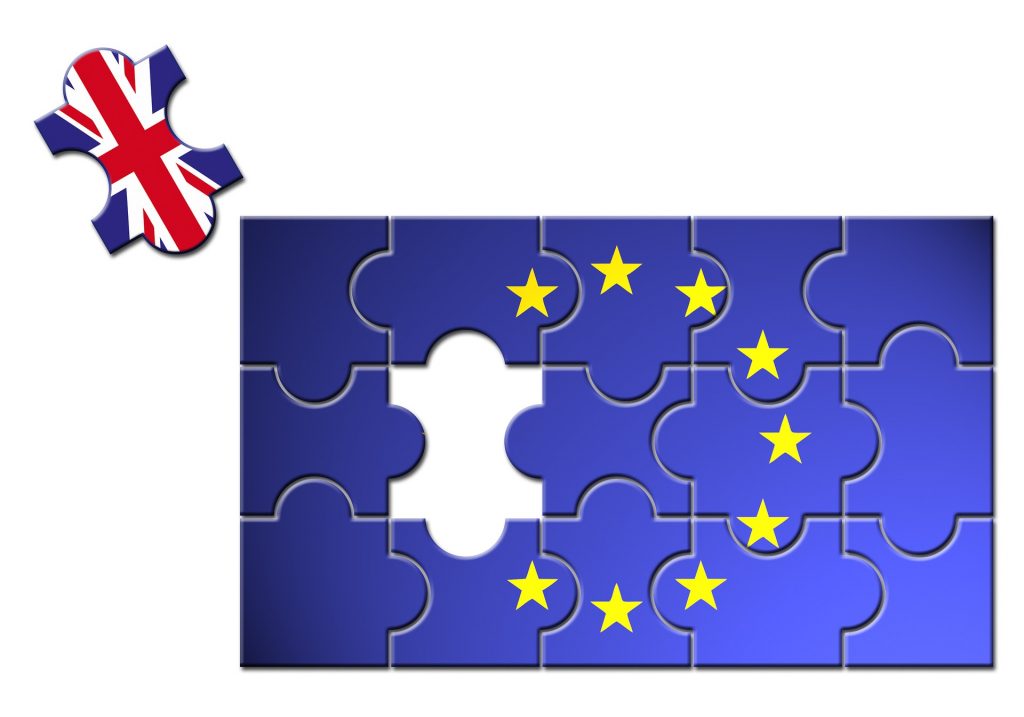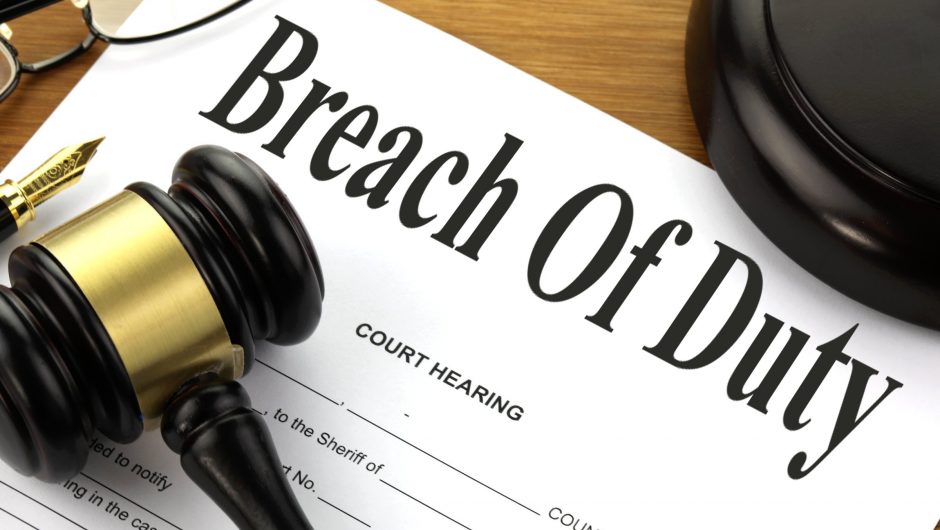At 11 pm on Friday 29 March 2019, precisely two years after British Prime Minister Theresa May invoked Article 50, the United Kingdom will make history and leave the European Union (EU).
With the deadline swiftly approaching, the UK is in political turmoil as Brexit has given way to Brysteria and Brett down. Cabinet members have been falling over themselves to hand in resignation letters as Theresa May frantically tries to steer a badly damaged and leaking ship to calmer waters outside the influence of Brussels.
But what will Brexit mean for the UK and the EU’s futures? How will it change the relationship between the two powers? What will it mean for the US and the rest of the world? Trade and Services Between the UK and EU will be Subject to Tariffs
Trade and Services Between the UK and EU will be Subject to Tariffs
One of the main perks of being a member of the European Union is unfettered access to the European market through tariff-free trade. If the UK leaves the customs union, British goods and services could face high tariffs on exports to mainland Europe, making British exports uncompetitive and expensive.
This could be disastrous for London, which has built itself as the financial services capital of Europe. Should the United Kingdom end up with a deal that sees it leave the customs union, the City of London estimated as many as 5,000 jobs would depart from the capital?
This labour exodus would have a strong impact on real estate and property demand in the city and its satellite towns. Offices in the city could go vacant, and property prices could plummet.
The EU Will Lose Out Too
It won’t just be the UK that loses out in the event of a “hard Brexit” or a “no-deal Brexit”. European states and companies will too.
The consultancy firm, KPMG, issued a report which analyzed the consequences of a no-deal Brexit for companies on mainland Europe. It used Holland as its model. If the UK comes out of the EU in March without a deal, the report estimated that Dutch companies would be forced to negotiate no less than 4.2 million exporting licenses to permit trade with the UK, and 750,000 importing licenses.
The cost of all this increased paperwork and red tape would be an estimated €650 million on the Dutch side alone. This figure does not include the new import and export tariffs which have not been set at the moment.
It Will Also Affect Other Countries with a Presence in the UK
Following the Brexit vote, the US Dow market fell by more than 600 points. As with the 2008 financial crash, economic storms do not take place in a bubble, but ripple across continents and markets as the fallout is fully realized.
For global companies, there are also significant complications following Brexit. Many American and international companies use Britain as a gateway to the EU. Firms with a presence in London may have to relocate to preserve access to the single market. US businesses invested an estimated $588 billion in Britain for this very purpose, and Brexit could impact around 2 million jobs, both in Britain and the US.
Brexit’s impact on currency markets is also substantial. As uncertainty prevails in Europe, the Euro and the British pound have weakened, strengthening the dollar. A strong dollar and weaker pound and Euro mean investing in American markets becomes more expensive for foreign investors, which could impact foreign investment in the US.
Until the exact terms of Britain’s exit from the EU become clear, it will impossible to estimate how far-reaching the consequences will be. But one thing is already clear. Like a stone in a lake, the effects of Brexit will ripple across global markets, with profound and long-lasting effects.
The Moment is Rapidly Approaching: 3 Things You Need to Keep in Mind About Brexit











